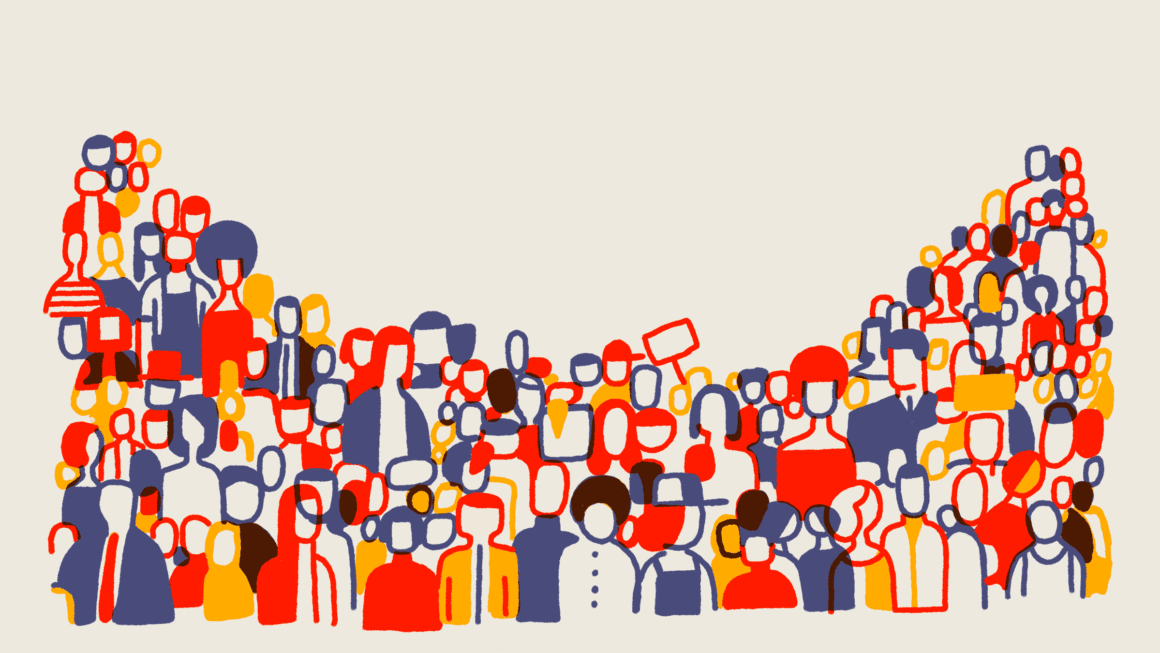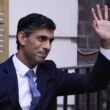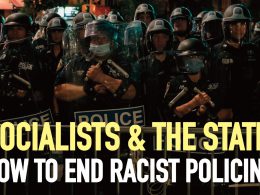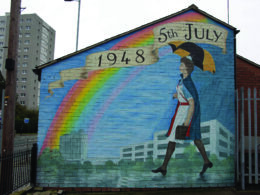By Manus Lenihan
Democracy means everyone having a say in how their society is run. Supposedly we live in a democracy. In Ireland we have, on paper, the right to speak and write freely, the right to assemble and the right to vote – though we have limits on trade union rights, the right to asylum, and in other areas.
But when you clock in to work, democracy comes to an abrupt halt. Chances are your workplace is ruled not by people you elected but by bosses or shareholders who live on another continent. Our world is shaped by private investment decisions and imperialist machinations, over which we have no say. Companies can close down or lay off staff; local ecosystems can be polluted; wars can be waged against other countries – and you have no say in any of this, even though it could mean ruin for you.
The rights we do have are distorted by this inequality. You can vote for a political party, but the parties most likely to catch your attention are those with the most money, with the slick electoral machines, i.e. those which are supported by big business interests. You can write freely, but whether anyone reads your writing largely depends on whether you have the connections or the means to pay for publishing, promotion, printing, etc. You have the right to a trial, but if you’re rich you can hire an expensive lawyer.
Socialists do not accept that this is real democracy. For democracy to be genuinely democratic it must extend to the wealth in society that is produced by nature and the collective labour of working-class people. It must extend to the industry and finance that dominate our economies. Only then could we guarantee economic and social rights, such as the right to education, jobs, healthcare, housing and a sustainable energy system. Only then could everyone be freed up and empowered to participate in the running of society.
But wealthy people and working-class people have very different ideas about democracy, as about most things. For a wealthy person, democracy means their ‘right’ to control their businesses and their profits in whatever way they want, even if it damages the environment, workers and consumers. Any kind of public ownership and control is an assault on their ‘rights,’ on ‘democracy,’ on civilisation itself.
The ideas of the wealthy are spread throughout society. In schools and colleges, in mainstream discourse and in popular culture we are given a one-sided history lesson in which socialism leads to dictatorship.
In fact, in the early period after the Revolution in Russia, the country was ruled through popular councils or ‘Soviets’ which were far more democratic than any parliament in any part of the world today. Unfortunately, this revolutionary democracy couldn’t survive in the terrible conditions of civil war and invasion by many capitalist powers, and was ultimately betrayed by corrupt, bureaucratic forces around Stalin.
There were popular movements for socialism all over the world in the 20th century, and if democracy had been allowed to run its course we would live in a more peaceful, equal and sustainable world. But when the wealthy and powerful are threatened, democracy goes out the window and they lash out with dictatorships, religious extremism and fascism. The world we live in today, in which capitalism reigns supreme, is not one that we have arrived at by democratic debate. It is the outcome of a thousand bloody coups and repressions.
Our rights, including our democratic rights which were all won through struggle, are never safe under capitalism – just look at the attacks on the rights of women and trans people, and the rise of the far right in many countries. But the defence of democratic rights can also be a rallying-call for millions to move into struggle – against this system and for an equal and truly democratic future, which must be a socialist one.












